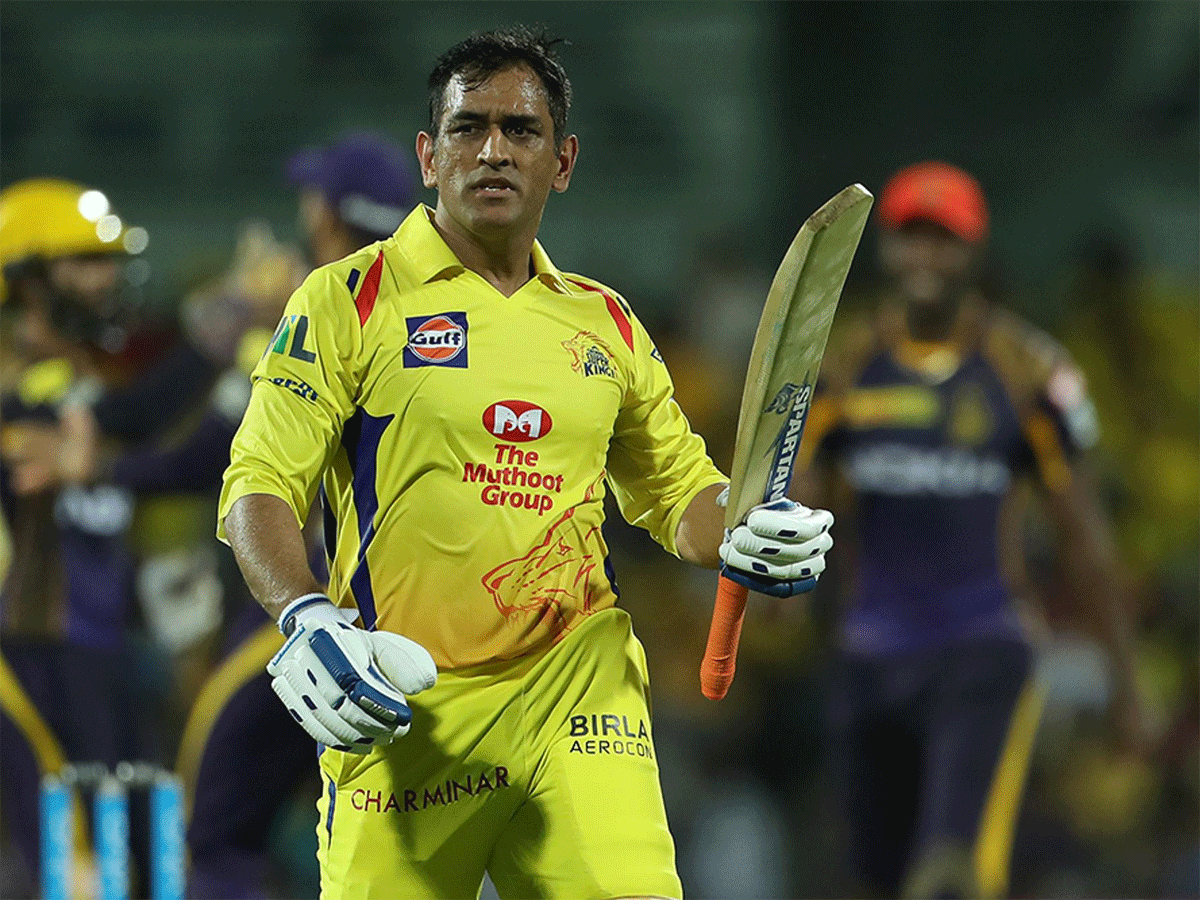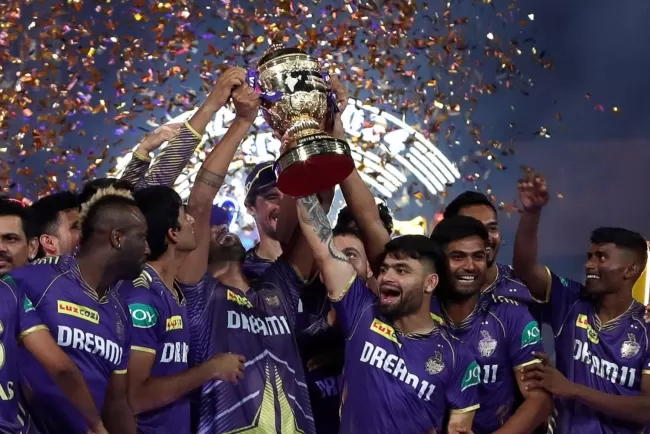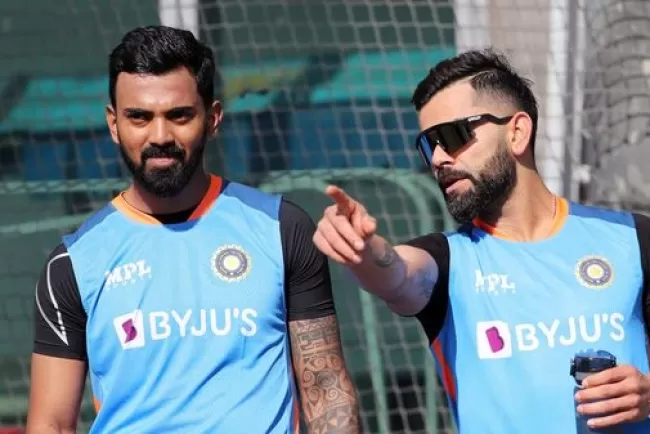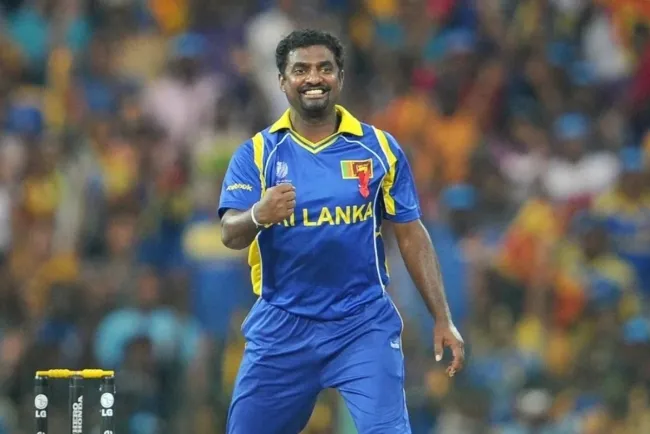Upholding Integrity: Lessons from the CSK Match-Fixing Scandal...!!!
The CSK match-fixing scandal was a significant episode in Indian cricket history, underscoring the need for stringent measures to combat corruption and uphold the sport's integrity. The subsequent reforms have been vital in ensuring a fair and transparent cricketing environment.

The Chennai Super Kings (CSK) found themselves at the center of a major controversy during the 2013 Indian Premier League (IPL) due to allegations of match-fixing and betting.
Background
In May 2013, the Delhi Police arrested three cricketers from the Rajasthan Royals—S Sreesanth, Ajit Chandila, and Ankeet Chavan—on charges of spot-fixing. Shortly after, Gurunath Meiyappan, the team principal of CSK and son-in-law of N. Srinivasan, the then BCCI president, was arrested by the Mumbai Police on charges of betting.
Investigation and Findings
The Mukul Mudgal Committee was appointed to investigate the allegations. The committee found Meiyappan guilty of betting and passing on team information during IPL matches. Subsequently, the R M Lodha Committee was formed to further investigate and recommend reforms.

Impact on CSK
In July 2015, the Lodha Committee imposed a two-year suspension on CSK and Rajasthan Royals, banning them from participating in the IPL for the 2016 and 2017 seasons. Additionally, lifetime bans were imposed on Meiyappan and Raj Kundra, the co-owner of Rajasthan Royals, preventing them from any cricket-related activities.
Legal Proceedings
In January 2016, the Patiala House Courts acquitted Sreesanth, Chandila, and Chavan of the charges. However, Chandila received a lifetime ban from the BCCI in March 2016. The Supreme Court lifted the lifetime ban on Sreesanth in March 2019. In February 2023, the BCCI lifted the lifetime ban on Chandila.
Reforms and Future Measures
The Lodha Committee recommended several structural reforms to the BCCI, including restrictions on office bearers, conflict of interest rules, and enhanced transparency. These reforms aimed to restore the integrity of the game and prevent future instances of corruption.
The CSK match-fixing scandal was a significant episode in Indian cricket history, underscoring the need for stringent measures to combat corruption and uphold the sport's integrity. The subsequent reforms have been vital in ensuring a fair and transparent cricketing environment.
What's Your Reaction?

















